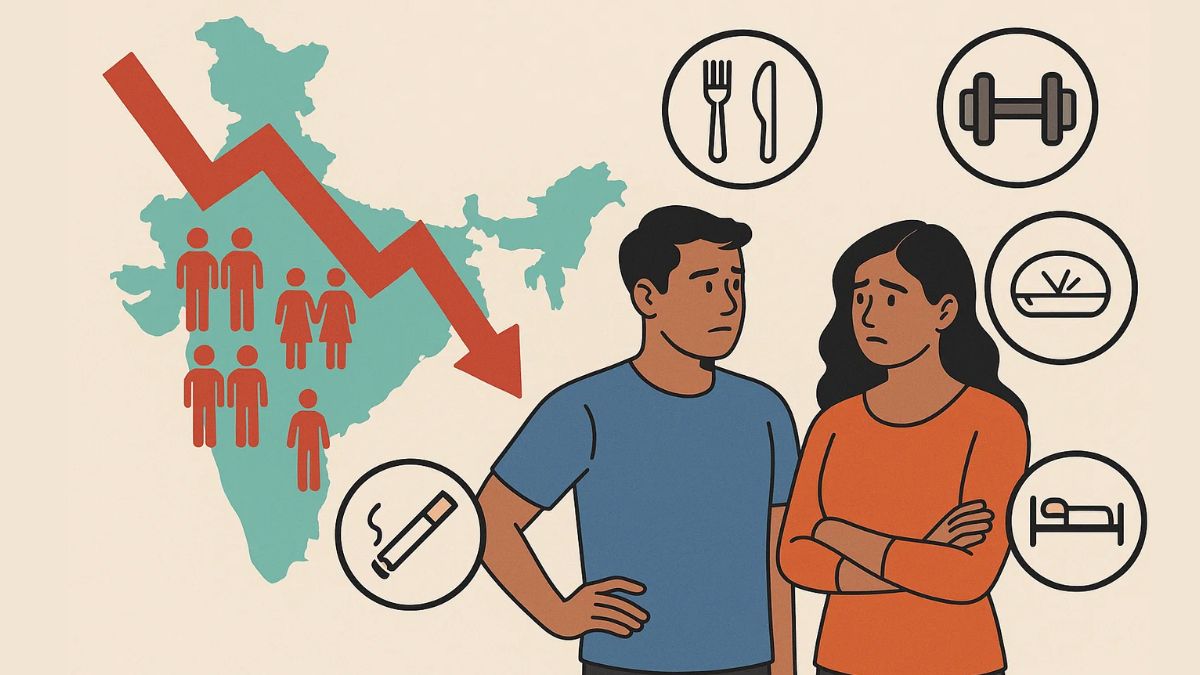Downsizing America: Kevin O'Leary's Warning & How to Future-Proof Your Finances

Renowned investor and Shark Tank personality Kevin O'Leary is sounding an alarm about a significant shift in the American lifestyle. In a recent interview, O'Leary predicted a “downsized America,” and it’s a message that deserves attention, especially for those planning for the future. But what does 'downsizing' really mean, and more importantly, how can you prepare your finances and lifestyle for this potential change?
What Does 'Downsized America' Mean?
O'Leary's warning isn’t about shrinking borders; it’s about a contraction in consumer spending and a shift towards a more cautious and pragmatic approach to finances. Several factors are contributing to this potential shift, including persistent inflation, rising interest rates, and a general sense of economic uncertainty. He believes that the era of easy credit and extravagant spending is coming to an end, and Americans need to adjust their expectations accordingly.
This 'downsizing' manifests in several ways. It could mean foregoing luxury purchases, opting for more affordable housing, reducing travel expenses, and generally being more mindful of where your money goes. It's a move away from the 'live now, worry later' mentality and towards a more disciplined and forward-thinking financial strategy.
The Economic Landscape: Why O'Leary's Right to Be Concerned
The current economic climate provides ample support for O'Leary’s concerns. Inflation, while slowing, remains elevated compared to historical averages. The Federal Reserve's aggressive interest rate hikes have made borrowing more expensive, impacting everything from mortgages to credit card debt. Furthermore, concerns about a potential recession loom large, adding to the overall sense of economic unease.
The pandemic also played a significant role, disrupting supply chains and fundamentally altering consumer behavior. While some of these effects are temporary, others are likely to persist, contributing to a more challenging economic environment.
How to Prepare for a 'Downsized America'
So, how can you navigate this potential shift and protect your financial well-being? Here are some practical steps:
- Review Your Budget: The first step is to understand exactly where your money is going. Identify areas where you can cut back on unnecessary expenses.
- Prioritize Debt Repayment: High-interest debt, like credit card balances, should be a top priority. Reducing your debt burden will free up more cash flow.
- Build an Emergency Fund: Aim to have 3-6 months' worth of living expenses saved in a readily accessible account. This will provide a safety net in case of unexpected events.
- Invest Wisely: While market volatility can be unsettling, maintaining a long-term investment strategy is crucial. Consider diversifying your portfolio and consulting with a financial advisor.
- Re-evaluate Lifestyle Expectations: Be realistic about what you can afford. Consider downsizing your home, opting for more affordable transportation, or finding creative ways to save money on everyday expenses.
- Increase Your Income: Explore opportunities to increase your income, such as taking on a side hustle, asking for a raise, or developing new skills.
Beyond Finances: Adapting Your Lifestyle
'Downsizing' isn’t just about money; it’s also about adapting your lifestyle. This might mean embracing experiences over material possessions, focusing on relationships and personal well-being, and finding joy in simpler things. It’s about shifting your priorities and redefining what truly matters to you.
Kevin O'Leary's warning serves as a valuable reminder that economic times can change, and it’s essential to be prepared. By taking proactive steps to manage your finances and adapt your lifestyle, you can navigate the challenges ahead and build a more secure and fulfilling future.






